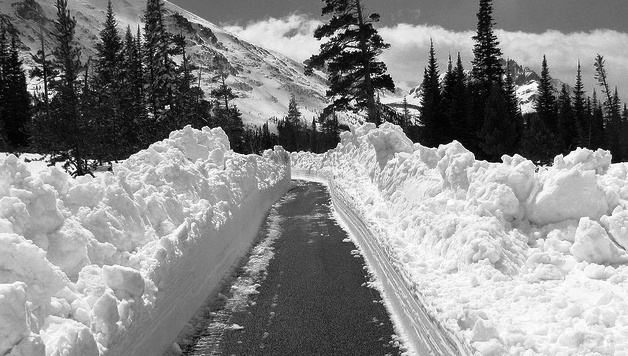For those of us stocking up on winter essentials like hot water bottles, wheat packs, electric blankets, heaters and winter pyjamas, the ACCC warns that “these products pose safety risks if not used properly or if they are faulty and have been recalled”. Consumers must ensure that these products are in tip-top condition as nasty burns, electric shocks and even fire hazards are among risks if these products are not used with caution.
Travellers looking for cooler climates or warmer weather must also watch out as “scammers are plotting to steal your hard-earned dollars with fake rental listings, fraudulent holiday vouchers and by hacking into travel websites”, says ACCC Deputy Chair Delia Rickard. This year alone, the ACCC has already received over 100 travel-related scam complaints with more $250,000 reported lost. Before jumping on the best bargain you can find, do your homework and make sure a scammer is not behind the deal of a lifetime.
To protect yourself from wintery tales of woe, the ACCC provides these top tips:
Frosty tips
- Never use boiling water to fill your hot water bottle and replace it as soon as it starts to look cracked or worn.
- Only buy wheat bags or other heat packs that come with clear heating instructions, and never overheat your bag as this could cause the bag to ignite and start a fire.
- Carefully check that your electric blanket is in good condition and make sure it has not been recalled.
- Always keep children away from open heat sources (children’s clothing with a ‘low fire danger’ label is still flammable).
- Don’t place heaters to close to furniture or your clothes on heaters.
- To be extra safe, you can also download the ACCC’s free iPhone or Android Recalls Australia app to see if a product you have purchased has been recalled!
Travel tips
- Before booking your holiday, do your homework by contacting the travel company directly, using details that you have sourced independently though the phone book or an online search.
- Don’t trust the legitimacy of and ad because it appears in a reputable newspaper or online classifieds website. Scammers use these too!
- If you receive an email out of the blue from a stranger offering a great holiday deal, delete it and do not click on any links or open attachments.
- Always keep your computer security up to date with anti-virus and anti-spyware software and a good firewall.
- If you think you have provided your financial details or sent money to a scammer, contact your financial institution immediately.
For other safety tips, check out our jumping blog and Christmas blog.
Photo credit: djwtwo / Foter.com / CC BY-NC-SA








